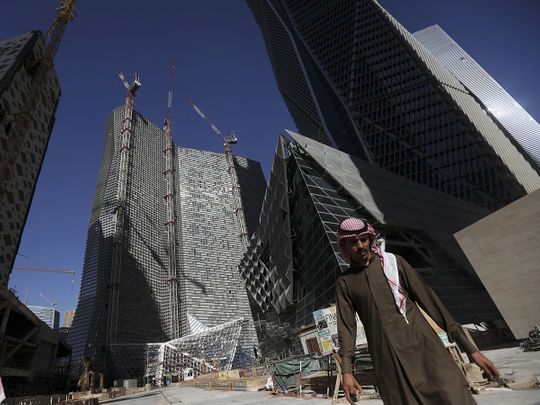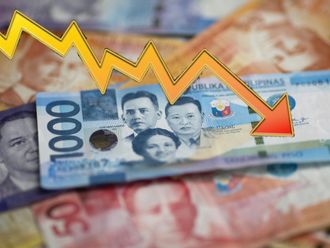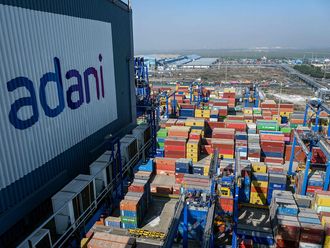
Dubai: The Saudi Ministry of Finance announced on Monday its Pre-Budget Statement for the fiscal year 2025, estimating total expenditures at SR1.29 trillion and total revenues at SR1.19 trillion.
This projection results in a budget deficit of SR101 billion, which accounts for 2.3 per cent of the Kingdom’s Gross Domestic Product (GDP).
The statement outlined the government's commitment to increasing strategic transformational spending as part of Saudi Arabia’s Vision 2030, which aims to diversify the economy and achieve sustainable growth.
Revenues for 2025 are projected to reach SR1.18 trillion, with expenditures set to rise to SR1.43 trillion by 2027. Revenues are forecast to increase to SR1.29 trillion over the same period.
Minister of Finance Mohammed Al Jadaan emphasized that the government will continue to focus on boosting spending on essential services and strategic projects aimed at fostering economic growth and sustainable development.
Boost spending
He also highlighted the significant contribution of non-oil sectors, such as tourism, entertainment, transportation, logistics, and industry, to the country's GDP growth, adding that these sectors have not only improved the quality of life but have also bolstered private sector involvement and reduced unemployment to record-low levels.
The Pre-Budget Statement also showed a forecasted real GDP growth of 0.8 per cent in 2024, driven by a 3.7 per cent growth in non-oil activities.
The report noted that the recent decrease in interest rates could increase demand and positively impact economic growth. Inflation is expected to reach 1.7 per cent by the end of 2024.
Al Jadaan reiterated that the government is committed to long-term fiscal planning, emphasizing that public finances are flexible and capable of addressing both medium- and long-term challenges.
The minister also addressed the government’s borrowing strategy for 2025, reaffirming that it will continue borrowing to finance the projected budget deficit and repay maturing debt. He noted that while public debt is expected to increase, it will be managed to ensure sustainability while supporting the acceleration of programs and projects aligned with Vision 2030.











